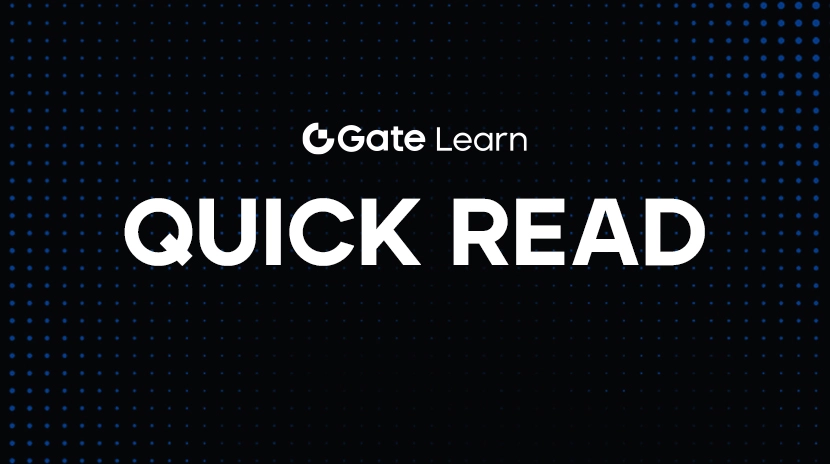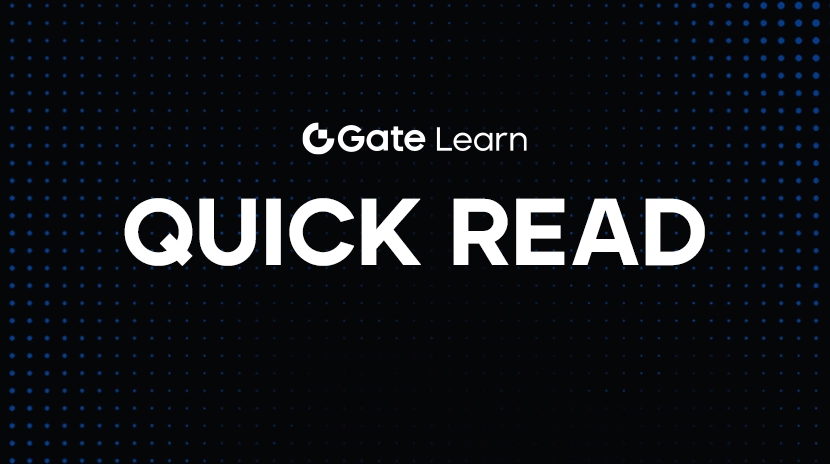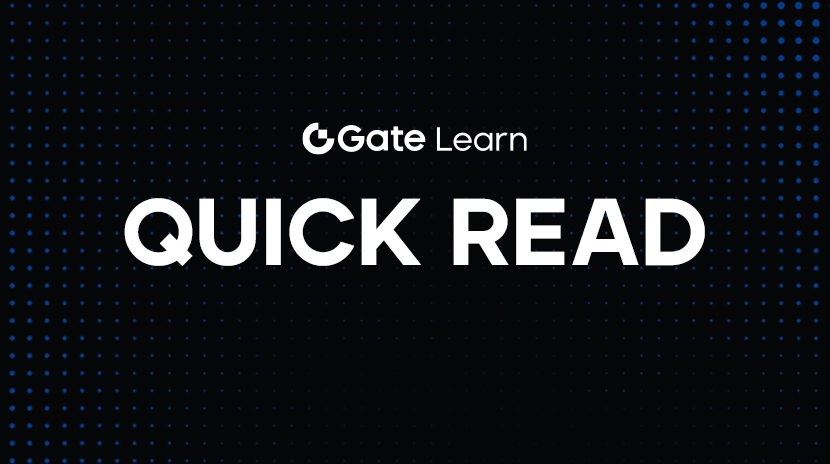Cardano Mainnet Fractures: AI-Generated Transactions Trigger Major Fork, FBI Launches Investigation
Incident Recap: How the Chain Split Happened
On November 21, 2025, the Cardano mainnet experienced a rare and unexpected chain split. Unlike a technical upgrade or hard fork, this split was caused by a malformed delegation transaction. Validation results for this transaction differed between new and legacy nodes, leading some nodes to follow the invalid chain while others remained on the original, healthy main chain.
Root Cause: Malformed Transaction and Legacy Software Vulnerability
Intersect, Cardano’s ecosystem governance organization, determined that the abnormal transaction exploited a long-standing software library vulnerability that had gone undetected. Specifically, differing deserialization and validation logic between old and new node versions allowed only some nodes to accept the transaction. Developers traced this vulnerability to a section of the Cardano node software library that previously lacked strict validation.
Accountability and Motivation: Stake Pool Operator’s Public Admission
The erroneous transaction was publicly attributed to a stake pool operator known as “Homer J.” He acknowledged his mistake on X (formerly Twitter), explaining that curiosity and the desire for a personal challenge prompted him to construct the transaction using AI-generated transaction instructions. He believed he was in a test environment and inadvertently submitted the transaction to mainnet. Cardano co-founder Charles Hoskinson suggested the incident could have been a premeditated attack, accusing the operator of acting intentionally, and described it as “an attack on the IOG brand and reputation.”
System Response: Emergency Patch and Node Upgrade
In the aftermath, core teams—including IOG (Input Output Global), Intersect, the Cardano Foundation, and EMURGO—moved swiftly to release an emergency patch and guide node operators to upgrade to versions 10.5.2 or 10.5.3. As most nodes completed upgrades, the network gradually unified and returned to a single main chain. According to community feedback, upgrading nodes was critical—operators running legacy versions (10.5.1 or earlier) were urged to update immediately.
Market Impact: ADA Price Volatility and Trading Suspension

Chart: https://www.gate.com/trade/ADA_USDT
The event had a clear impact on the market. ADA’s price plunged by 6% to 16%, briefly nearing $0.41. Meanwhile, exchanges including Coinbase, Kraken, and Upbit suspended ADA deposits and withdrawals to prevent errors during the network split. Intersect, however, emphasized that user funds remained safe, as the majority of wallets were unaffected by the malformed transaction.
Security Takeaways: How Cardano Can Prevent Future Risks
This chain split revealed a potential weakness in Cardano’s core software validation logic and underscored the need for strict consistency in node software versions and validation logic across the ecosystem. While AI-generated code instructions offer convenience in testing, their misuse on mainnet can introduce significant risk. The community may advocate for more rigorous whitelisting or pre-deployment review procedures. For stake pool operators, this incident serves as a critical reminder: never mix test and mainnet environments, and always exercise caution with experimental transactions.
Looking Forward: Restoring Trust and Enhancing Technology
Though this chain split represented a crisis, the Cardano community showcased its rapid response capabilities and technical resilience. Emergency patches and coordinated node software upgrades unified the network. Still, recovery is just the beginning. With the FBI now investigating (per Charles Hoskinson’s confirmation), the incident could drive stricter regulatory and security reviews. Moving forward, Cardano is likely to reinforce its software validation logic, governance mechanisms, and node upgrade processes—key steps to rebuild user trust and prevent similar incidents in the future.
Related Articles

Pi Coin Transaction Guide: How to Transfer to Gate.io

Flare Crypto Explained: What Is Flare Network and Why It Matters in 2025

How to Use a Crypto Whale Tracker: Top Tool Recommendation for 2025 to Follow Whale Moves

2025 BTC Price Prediction: BTC Trend Forecast Based on Technical and Macroeconomic Data

What is N2: An AI-Driven Layer 2 Solution
